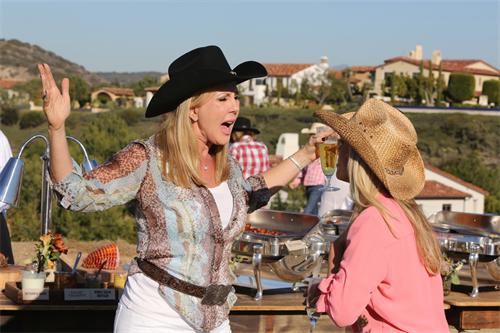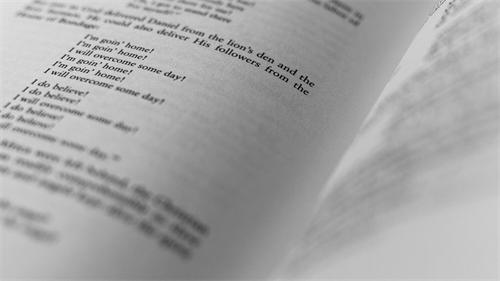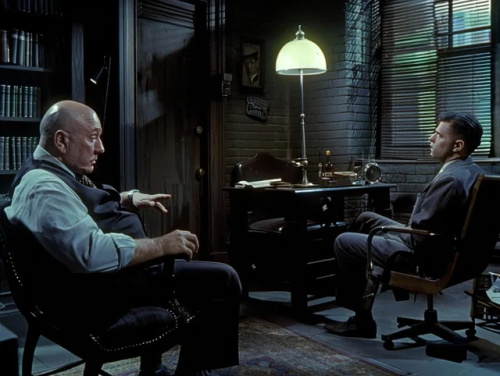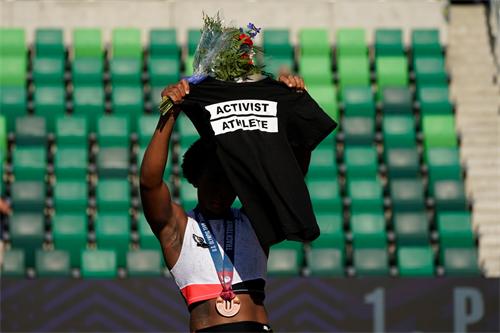Why Reality TV is More Scripted Than You Think

The term “reality show” sounds like it’s 100% “real,” but the reality is far more complex. Although these shows market themselves as real, behind the scenes, there is meticulous planning and arrangement, far more scripted than most viewers imagine.
The "Setting" in Reality: A Framework to Support the Pace
Imagine if you gather twenty friends without any prior planning—what would happen? They might all be on their phones, the atmosphere would be awkward, and there would be no entertainment value. Similarly, if a reality show allowed its guests to improvise completely, it would be hard to ensure the show’s coherence and entertainment value. Therefore, production teams usually set a “framework” or “outline” in advance, to guide the pace of the show while encouraging the guests to react naturally.
Scripting is Necessary for Filming Itself
Whether filming in a studio or on location, the show must consider a lot of technical details. Camera placements, lighting, props, camera angles, and the guests' movement paths all need to be planned ahead, often with strict time control. After all, guests aren’t the only ones on screen—the production team behind the scenes needs to be coordinated. These "scripted" arrangements ensure the show progresses smoothly.

Conflict and Drama: What the Audience Wants to See
Many reality shows feature "guest disputes" or "emotional outbursts," which are often partially planned. The production team may exaggerate conflicts to create a climax, attract attention, and drive traffic. For example, in a travel reality show, two celebrities had a disagreement, which was highlighted and promoted, sparking heated discussions among viewers and fans. However, insiders revealed that this conflict was actually a scripted segment created by the production team to enhance drama and entertainment.
For celebrities, participating in reality shows is a double-edged sword. On one hand, they can showcase their personalities and lifestyles, boosting their public image; on the other hand, they must be careful around the cameras to avoid saying or doing something that might be exaggerated or misinterpreted. Even if they resist following a script, the production team can manipulate the storyline through editing, or even “reshape” the guest's persona. This power of editing subtly extends the script into post-production.
Many viewers tune in to reality shows hoping to see the "real" side of celebrities, but what they ultimately see is a version that has been curated, edited, and even "performed." This "half-real, half-fake" presentation can confuse and disappoint the audience. While production teams strive for entertainment value, they face the challenge of balancing authenticity with entertainment.
Is Some "Scripting" Acceptable?
Different viewers have different tolerances for scripting. Some prefer the show to be as real as possible, even if it seems dull, while others enjoy a tightly-packed, plot-driven progression. This is why some shows lean more toward a "documentary" style, while others resemble a "reality show series." Ultimately, whether to accept scripting depends on how the audience defines the show and their personal expectations.
Reality TV has never been a completely real representation; it is an entertainment product built on the principle of “truth with a show.” The script isn’t meant to deceive the audience but to create stories and emotional highs, increasing the viewing experience. The key is whether this “scripted feel” is natural and whether it serves the content itself. For producers, finding a balance between script and reality is truly an art.
RECOMMEND FO YOU



